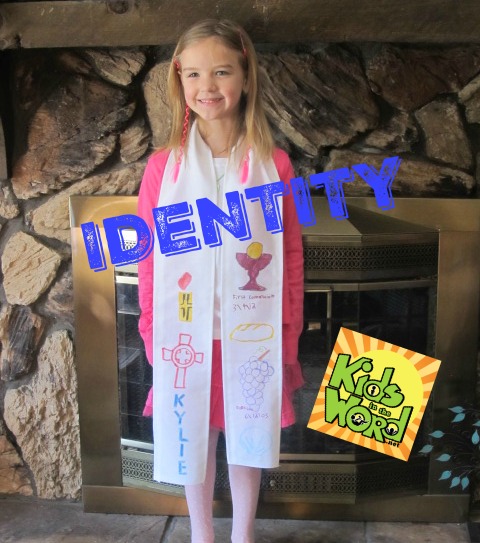
When I was growing up, my dad was in the military. That meant we moved around and got to live in different places. This was also true of the people around us.
Whenever someone asked us where we were from when we were growing up, we would inevitably claim the state where our parents grew up. In my case this was Minnesota. I had never lived in Minnesota, but I proudly would claim my identity as a “Minnesotan.” I even cheered for their sports teams (whether or not they were very good). This was generally true of my friends as well. We claimed the identity of our parents and we proclaimed it boldly and proudly.
This was fine, until I actually moved to Minnesota to attend college. I no longer knew how to answer the question, “Where are you from?” I knew that claiming a Minnesota identity would expose me as a fraud. I actually knew very little about this place. I had no idea that there was a difference between snow and “snowman snow.” My answer started to become “Well, that's kind of complicated…”
Identity is challenging. We often let others shape and define our identity or how we see ourselves. When we let others define our identity we will always be in danger of being exposed as a “fraud.”
Figuring out identity is especially challenging in the world of social media. Many of us, and our children, are defining our self-worth and identity by our interactions on the internet.
This is especially true of our teens and pre-teens. Pictures posted on Instagram are analyzed and evaluated by the number of “likes” received. The number of followers a person has on their social media accounts directly correlates to popularity and social standing. It is so easy to get caught up in the game.
I talk to my children about it all the time, and even I find myself drawn into the vicious circle sometimes. Every time I write something, I put a little piece of myself out there. I have to admit, every time I do I watch things like how many times it was “liked” or shared. When the numbers are low I begin to question myself. “Maybe no one likes what I have to say?” “Ugh, no one reads my stuff anyway… maybe I should just stop.”
My head knows better, but I too look for validation, and sometimes in the wrong ways and the wrong places.
So how do we counteract the other voices that try to define who we are? How do we remind ourselves that the most important identity we have is WHO we are and WHOSE we are. That identity can only be found in Christ. It can't be found in “likes,” in followers, in shares, in where you are from, or in what team you cheer for.
Ben Malcolmson, assistant to the head coach of the Seattle Seahawks, compiled a great piece reminding us of the identity we have in Jesus. He has 23 different scripture readings that should be read, memorized, and claimed so we all remember that our true identity is who we are as a Child of God.
Take these scriptures and put them on notecards on your mirror. Flood your social media accounts with them. Fill a jar with these and others that remind you of your true identity and read one each and every day. Look them up and highlight them in your Bible. Share them with your friends who might need reminding. Teach them to your children so they are are armed with truth.
How do you remember your identity in Christ?
.png)
